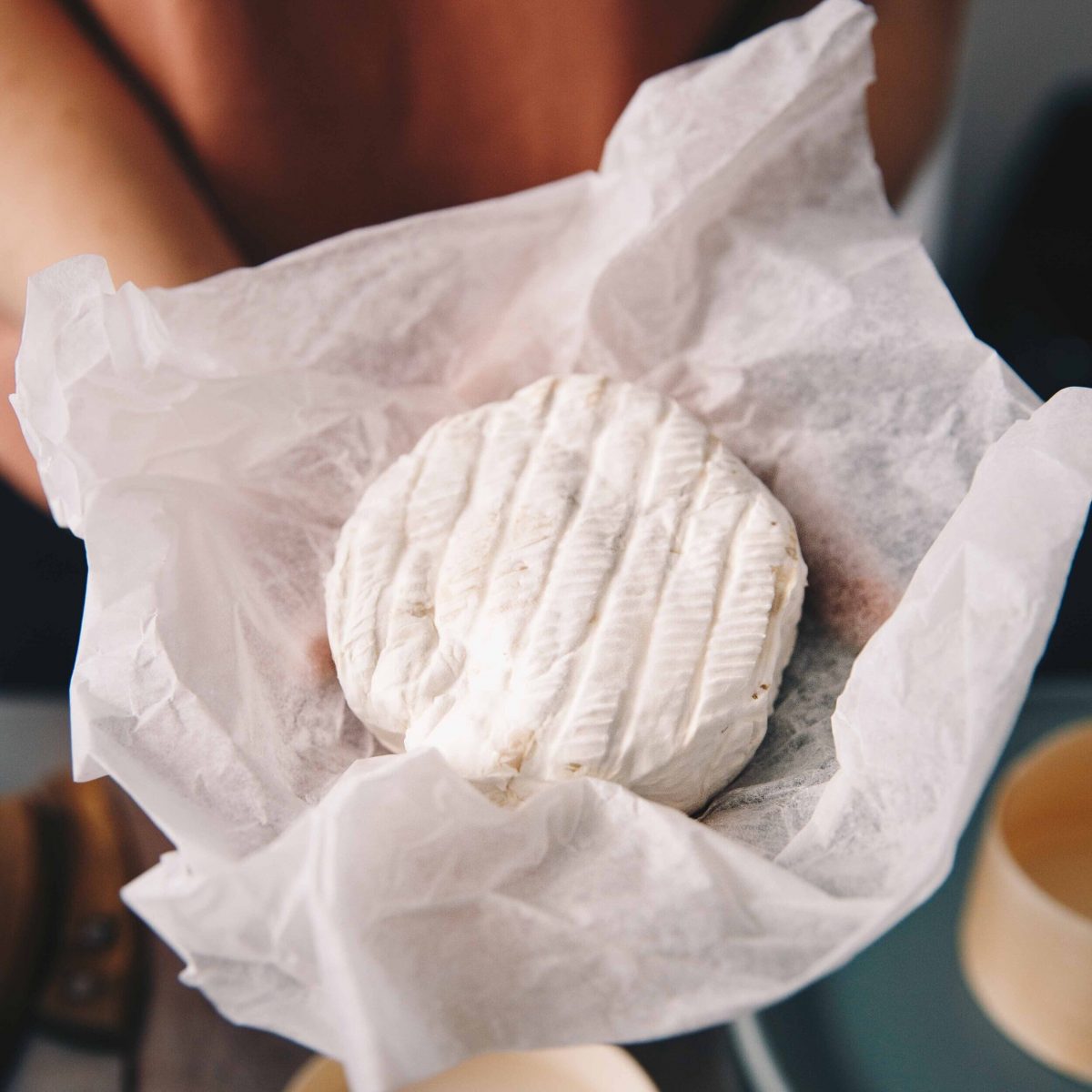Under shiny glass bell jars on the counter, mould-ripened camembert sits beside slabs of orange-hued cheddar. The east London shop has all the hallmarks of a traditional cheesemonger, from its walls lined with refrigerators to its lightly pungent scent. But there’s one major difference. Look closer at the labels and the camembert is spelt ‘Shamembert’; the blue-veined gorgonzola is labelled ‘Veganzola’. La Fauxmagerie is Europe’s first vegan cheesemonger, and no dairy has gone into the making of any of its products.
Veganism has gone mainstream in Western countries over the last few years, as proven by the surging popularity of plant-based meat replacements like The Impossible Burger and alternative milks made from soya, oat and coconut. While these are becoming increasingly accessible in the mass market, a new wave of artisan makers are on the rise, appropriating traditionally meat- and dairy-based industries for a more environmentally conscious age.
At kebab shop Vöner in Berlin – the city with the largest Turkish population outside of Turkey – traditional-style doner ‘meat’ is made with wheat protein and served with classic pita bread and tahini. Plant-based ‘butcher’ shop No Bones sells protein-based ‘cuts’ in Sao Paolo, while Australia’s first vegan charcuterie shop, Suzy Spoon’s, opened in Sydney in November. The trend has inevitably swept the United States, with plant-based butchers thriving in Minnesota, California and North Carolina, to name a few.
What’s unusual is that many of the most successful of these innovators have roots in dairy or meat farming. One of La Fauxmagerie’s initial suppliers, Sumear Safdar-Robins, worked as a dairy cheesemaker near Bristol, UK, before deciding to apply the same traditional cheese-making skills to produce dairy-free cheese.
Amsterdam-based vegan cheesemaker Bran Vanstone – who blends nuts and tofu into versions of gorgonzola, ricotta and parmesan – spent every school holiday as a child working on his grandparents’ dairy farm in Devon, south-west England. It was that in-depth knowledge of the industry and its products – rather than a backlash against the dairy industry itself – that was the base his vegan cheese business, Willicroft, which he launched in 2018.
But there’s been backlash from the other side. Though largely small-batch and independent, many plant-based producers come under fire from the farming industries to which they’re providing alternatives. La Fauxmagerie’s launch in 2018 courted controversy when dairy farmers sent the vegan cheesemonger a letter, claiming that using the word ‘cheese’ for dairy-free products went against EU legislation. But their attack didn’t dissuade co-owner Charlotte Stevens.
“We consider our products cheese,” she says. “Cheese is fermented fat, and our cheeses are made with the same probiotic and bacterial cultures used to make dairy cheese. It’s just that the fat we use comes from nuts and soybeans. But the white exterior of the Shamembert is exactly the same mould that grows on a camembert, aged in the same cave environment.”
To read the full article, view the original post on the Skyscanner website.
